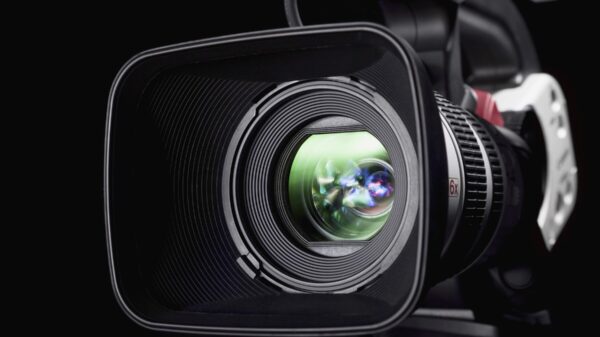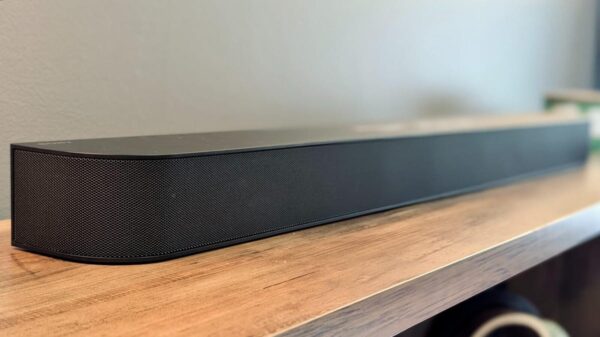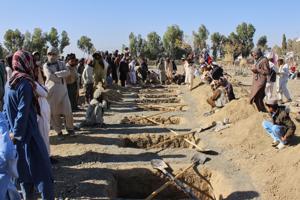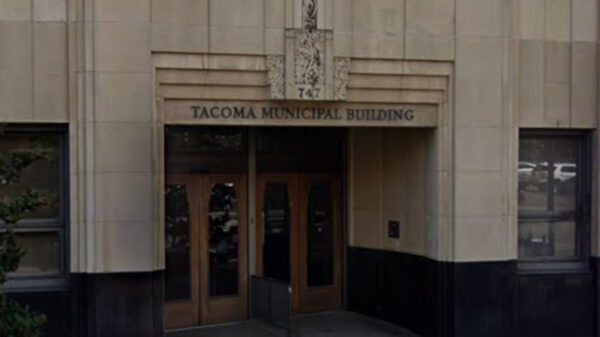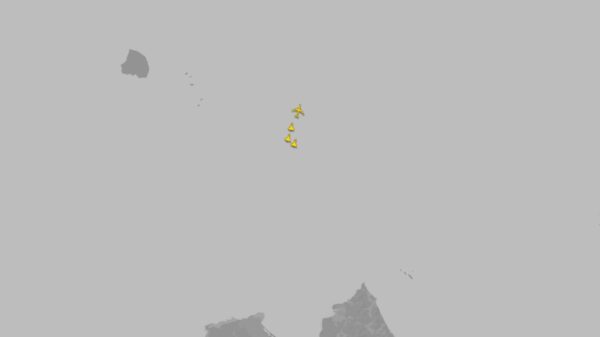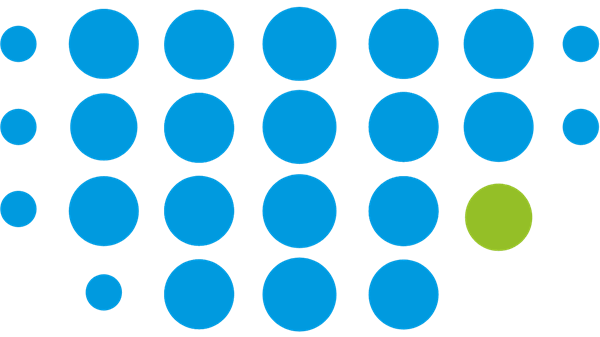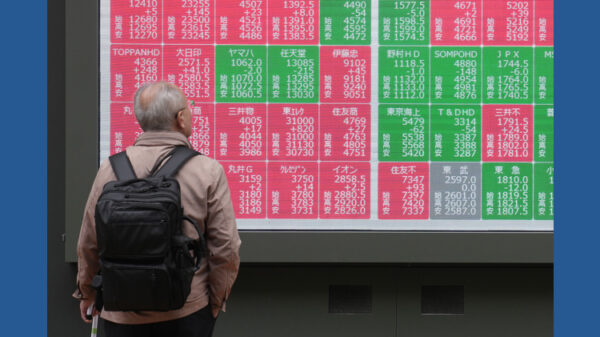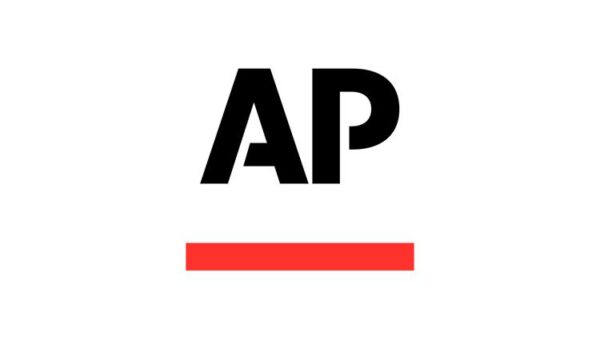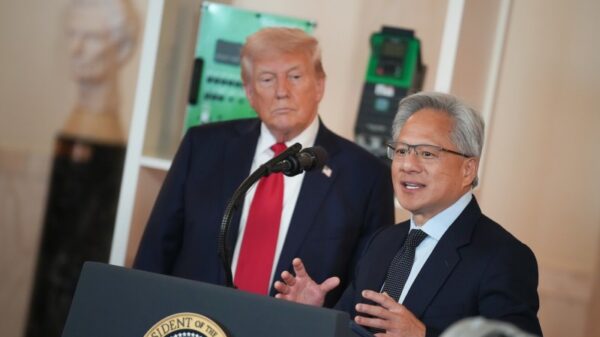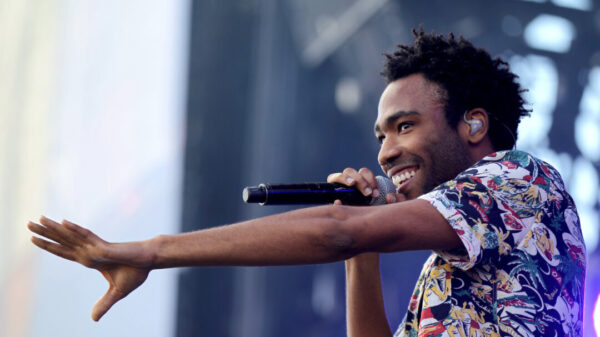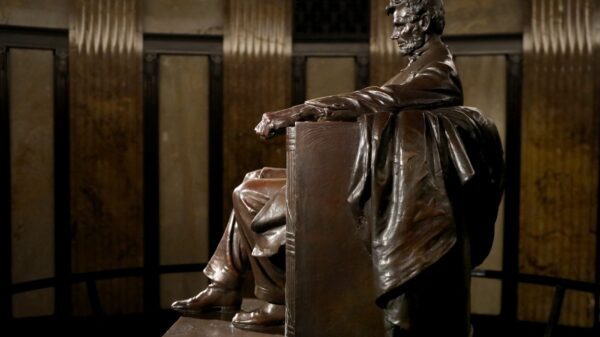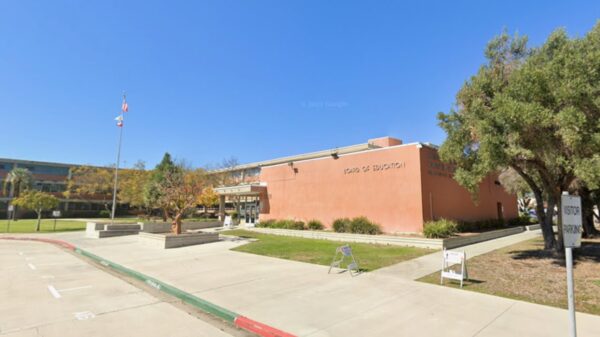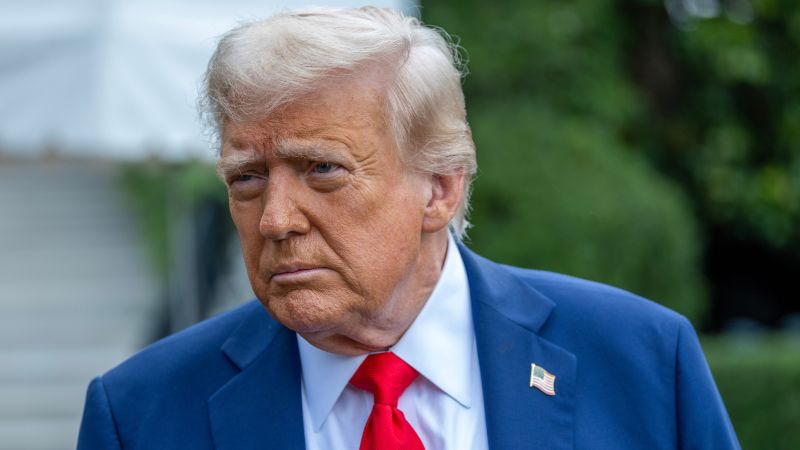President Donald Trump plans to designate the anti-fascism movement known as Antifa as a domestic terrorist organization, with the announcement expected as early as Monday, January 8, 2024. This decision marks a significant step in Trump’s ongoing efforts to address what he perceives as threats from left-leaning political groups. White House Press Secretary Karoline Leavitt confirmed the imminent executive order during a press briefing, stating, “Antifa is going to be designated a domestic terrorist organization.”
Leavitt emphasized that the order would represent just one element of a broader strategy aimed at countering left-wing activism. She criticized Democrats, claiming they have been influenced by what she referred to as a “radical fringe of the far left.” Her comments included references to Democratic lawmakers who voted against a resolution honoring conservative activist Charlie Kirk, emphasizing the need to confront what she termed “wickedness” in the political discourse.
The announcement comes in the wake of Kirk’s assassination, an event that has galvanized calls for action against groups associated with leftist ideologies. Trump has previously expressed his intention to label Antifa as a terrorist organization during his first term, but legal experts caution that such a designation may face constitutional hurdles. Antifa lacks a centralized structure or defined leadership, complicating any potential enforcement measures.
While some local Antifa groups are organized, the absence of a national hierarchy presents challenges for the administration in targeting specific leaders or funding sources. Notably, there is currently no legal framework for designating domestic groups as terrorist organizations, unlike the laws governing foreign entities.
In a social media post last week, Trump declared, “I am designating ANTIFA, A SICK, DANGEROUS, RADICAL LEFT DISASTER, AS A MAJOR TERRORIST ORGANIZATION.” He also called for investigations into individuals or organizations funding Antifa activities.
Leavitt highlighted a connection between Antifa and violent incidents, citing evidence from the investigation into Kirk’s shooting, which included bullets engraved with anti-fascist slogans. She reiterated the administration’s commitment to scrutinizing financial backers of the movement, stating, “We will be most importantly looking at who is funding Antifa and who is funding these other violent left-wing groups.”
The term “antifa” has historical roots in movements opposing fascism, dating back to World War II and extending through the Cold War. Critics of Trump’s impending designation worry that it may represent an overreach of executive power aimed at suppressing dissenting voices on the left.
In addition to the focus on Antifa, Trump has suggested that protesters from activist groups, such as Code Pink, who disrupted his recent public appearances, should face legal repercussions. Such remarks indicate a broader strategy of targeting activist groups perceived as adversarial to his administration.
As this situation develops, the implications of Trump’s actions will likely resonate throughout the political landscape, potentially altering the dynamics of political activism in the United States.



